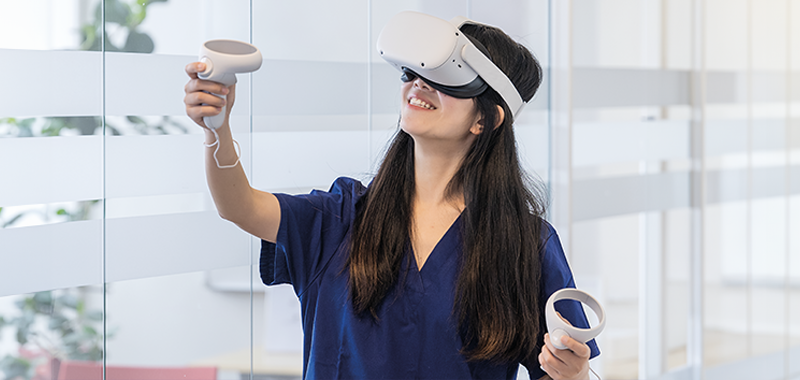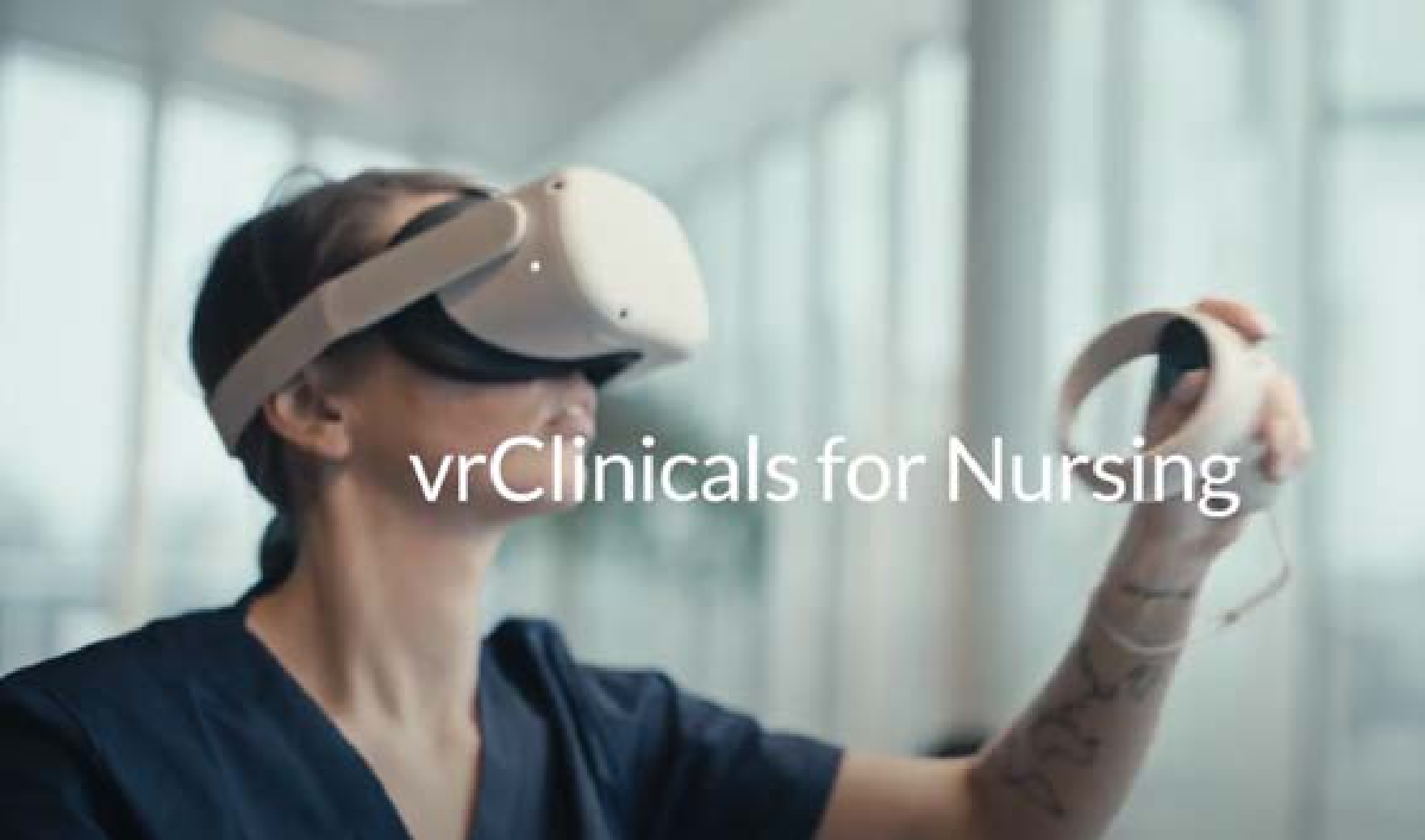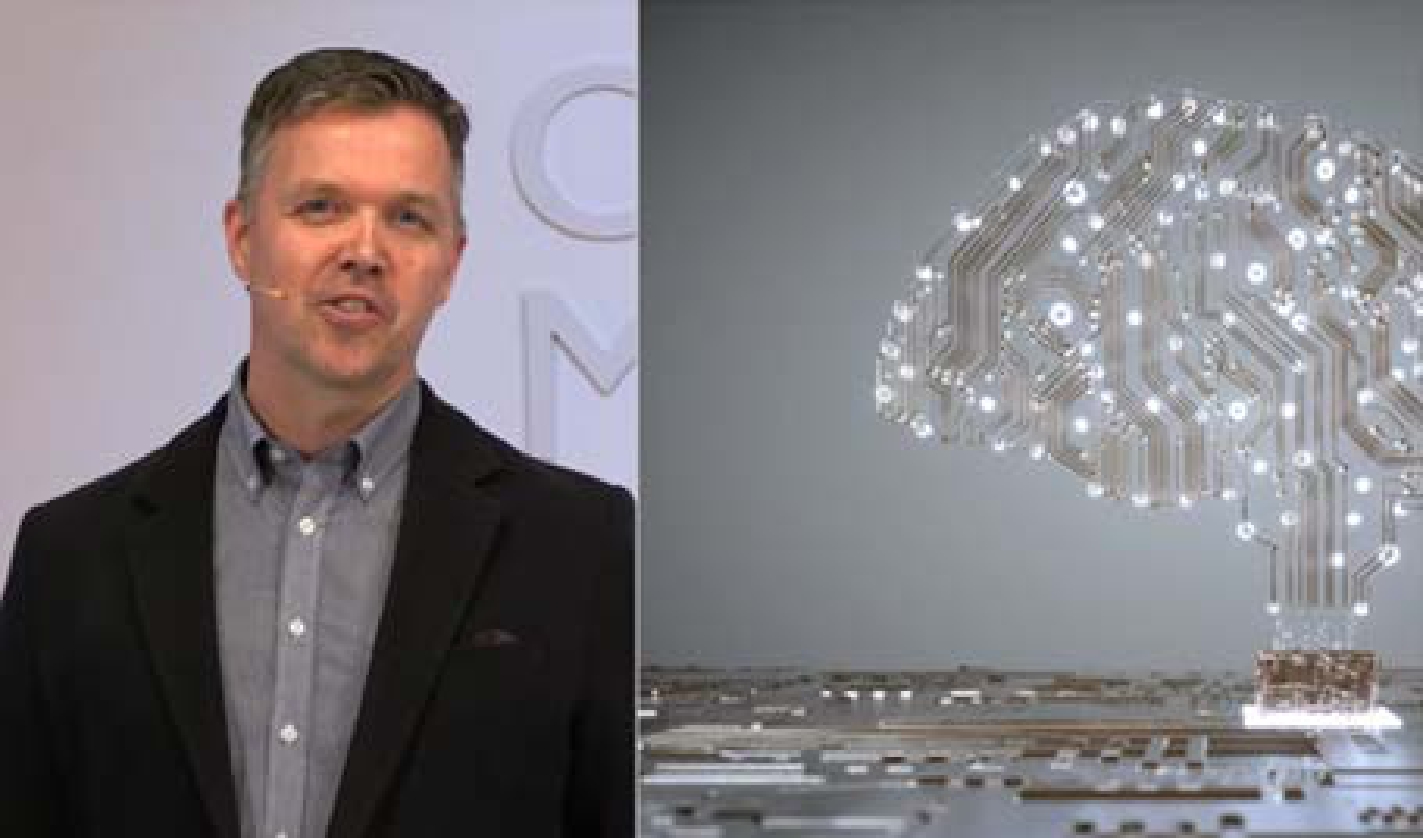
Laerdal is leveraging VR and AR techonologies to transform healthcare education. These immersive technologies provide a safe and effective way for healthcare professionals to learn and practice skills. They offer realistic scenarios, enahncing comprehension and skills acquisition.
Laerdal’s forward-looking perspective on the Metaverse also presents intriguing possibilities for the future of healthcare education. According to industry studies ,interest in VR applied to healthcare is expected to grow by 22.5% in the next three years, highlighting its increasing importance in the field.
Among the unquestionable other advantages, VR offers learnesrs a unique platform for honing their medical skills and decision-making process devoid of any risk to acual patients. This practice -centric approach significantly bolsters the confidence and competence of healthcare professionals in their clinicals role.
From a pedagogical point of view, VR/AR seem to offer some of the typical advantages of simulation; one of them being the ability to internalize learning (+75% ) precisely by virtue of its being experiential.
We met with one of the industry’s leading players to learn what technology trends will influence Laerdal in the near future and, how these will dominate corporate research in the next 18-24 months.
Carsten Storgaard, the European coordinator of the Ecducation and Healthcare Qality Improvement working group in Copenaghen, emphasizes that at Laerdal, technology is considered innovative when it advances educational goals aimed at improving helathcare effectiviness. His work focuses on assessing how emerging technologies align with pedagogical and curent clinical evidence. Collaboration with scientific societies and international organizations is a vital aspect of their work, ensuring a strong emphasis on solutions and designs with clinica impact , even before technological impact.
 Laerdal in collaboration with partners like Walters Kluwer and the National League of Nursing, has created vSim® virtual simulatipon. This program integrtes educational principles and AR/VR technology, known as vrClinicals® , for realistic, progressively challenging learning experiences.
Laerdal in collaboration with partners like Walters Kluwer and the National League of Nursing, has created vSim® virtual simulatipon. This program integrtes educational principles and AR/VR technology, known as vrClinicals® , for realistic, progressively challenging learning experiences.
vrClinicals® focuses on immersive AR/VR for healthcare education, with AI adapting to user actions.
Laerdal recognizes the importance of VR but also highlights the need of research on its prolonged use and the emergnce of new professional skills.
Novella callero, Laerdal Italy’s general manager, applauds the company’s rapid progress in Multiverse Simulation, aiming to provide educational solutions with positive clinical impact.
Written by Claudia Guarneri and Novella Callero from Laerdal Italy





